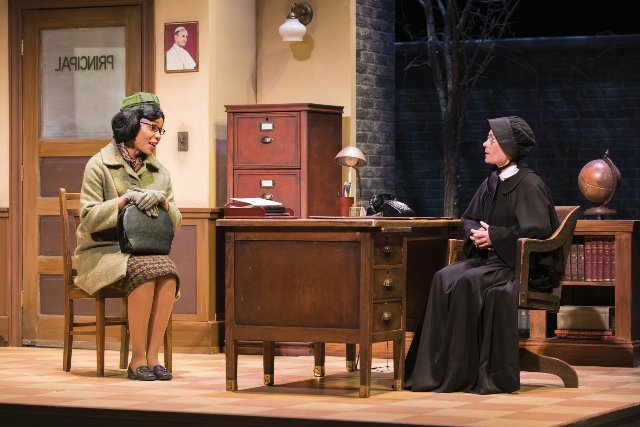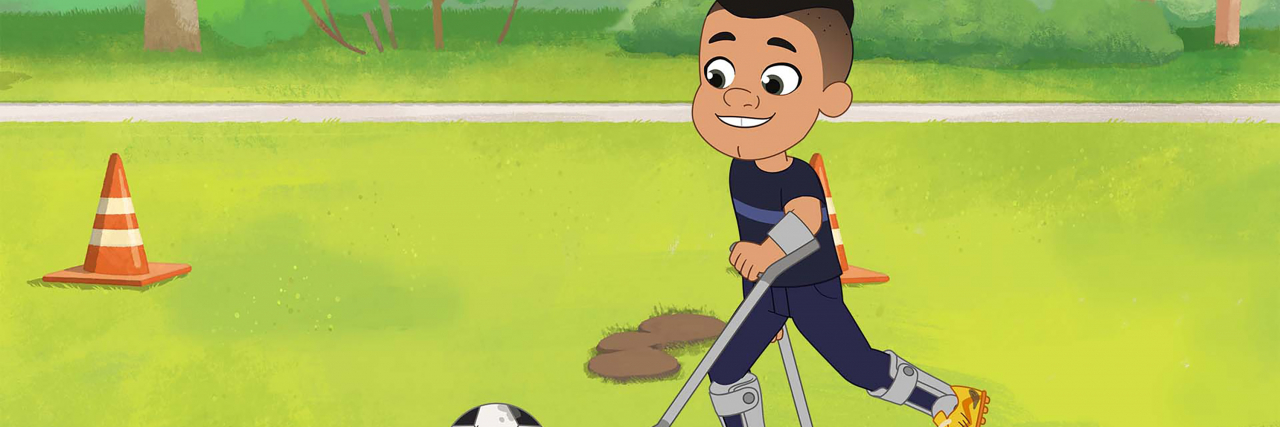
Image source
Doubt is a 2008 film starring Meryl Streep, Philip Seymour Hoffman, Amy Adams and Viola Davis. It is directed by John Patrick Shanley, who wrote the film and the Tony award-winning play, Doubt: A Parable, on which it is based. Parts of the film are based on the playwrights’ experiences growing up. It won Best Play during the year that it was eligible, and is one of America’s best modern plays, in my opinion.
The movie is even more excellent and is complemented by wonderful cinematography from Roger Deakins to aid the powerhouse performances. The movie is a thematically weighty drama, and though I would highly recommend watching it, I would warn you to make sure that you are in an ideal state of mind before watching it because it asks some tough moral questions, and its ambiguity is not for the faint hearted. Personally, it has haunted me for years, and given me much to think about. My viewpoint on the situation within flips every time I watch it, and it just gets better and better. It’s available to rent and stream, and you can get it from the library.
The film is set in 1964 near winter at a Catholic school and parish within the Bronx, at a time of upheaval and change for the Church. It explores issues of race, gender, class, masculinity, morality and responsibility, and of course, doubt and faith. This is the first part in a series, which I will continue even after our Passion Blogs end. The next post in the series will contain full spoilers for the film. I wanted to give you a chance to read my recommendation, and at least part of the post, show that maybe you are inspired to watch the film, so you can have full context for the rest of the discussion, or simply watch a great movie after talking so much about film, television, comics and even theater, I wanted to use pop culture as a gateway to philosophy, theology, and ethics. This seemed like a good opportunity to do that, and I do hope that you find it interesting or engaging in some way.
In the 2008 film Doubt, Sister Aloysius is the main driver of the events that take place. This highlights various strengths and weaknesses of Kantian deontology and care ethics, respectively. The ambiguous nature of this case illustrates normative ethics’ epistemological presumptions, and brings into question what one is to do when they are challenged.
To effectively explore the moral matter faced by Sister Aloysius, as well as what was at stake, who would be impacted, her response and actions, and justifications for those actions, why it concerned her in the first place, and the myriad of moral implications of her ultimate decision.
Deontological ethics posits that actions are right or wrong based on whether the action follows certain moral rules, and that certain actions are always wrong. In the case of Kantian ethics that moral rule or rules are categorical imperatives, as Kantian ethics are heavily based around moral duty, and duties are things that one must do because of the categorical imperative.
Categorical imperatives are rules or commands that one must follow, regardless of one’s desires, and are based in logic and reason alone. For Kant, actions are only truly moral if they are performed because of duty alone, which is the only course of action aligning with reason.
The first formulation says that when you perform an action, you should act as if by performing that action you are universalizing it, which means you are saying that an action is permissible for everyone to do, all the time. The second formulation says that you should treat others, including yourself, as an end in and of themselves, rather than a mere means, meaning they exist for themselves. We can use others as a means, but never as a mere means. This means to recognize shared humanity in others, and that they have individual needs and goals. As Kant says: “The categorical imperative would be that which represented an action as objectively necessary of itself, without reference to another end.”
In Kantian ethics, there are four types of duty: perfect duty towards oneself, perfect duty towards others, imperfect duty towards oneself and imperfect duty towards others. The distinction between perfect and imperfect duty is that perfect duties are things that one must always do, and imperfect duties are things that one must do in some way, and not ignore, but there are multiple ways of fulfilling the duty.
In contrast to Kantian deontology, Nel Noddings ethics of care sees relationships as an important determiner of morality, arguing that caring is the root of ethics, and of humanity itself. She grounds this understanding in the relationship between a mother and child. Care ethics, although a feminist theory, is not exclusively applicable to female people, it simply does not center a “masculine perspective.”
According to Noddings, our relationships determine who we are. In Noddings case, although actions are not absolutely good or bad in and of themselves, the impulse to care is universal., caring relationships are inherent to the human condition.
Noddings creates a distinction between the one-caring, and cared for. This relationship can be one of reciprocity, and can switch positions, and can include multiple people. Caring is done when the one caring notices a need, empathizing with them, and trying to help them, regardless of whether success is likely. The one-caring analyzes the cared-for’s needs, in context to relationship and situation.
Like Kantian ethics, there is an imperative, which is in this case one to care. Noddings makes a distinction between natural caring and ethical caring. Ethical caring is the feeling of love those in proximity experience when the cared-for needs care, which drives them to act, because of what that person means to them, and their leaning or proclivity towards caring for that person. Ethical caring goes a step further, and on top of the one caring’s inclination, they also do it because they must, morally speaking. Like Kantian ethics, duty is an important value.
However, in care ethics the importance of the relationship is affirmed, and forms an important justification for caring in the first place. In Nodding’s view, we care because we were cared for first, and a draw on those memories both of being cared for and caring for others: “This memory of our own best moments of caring and being cared for sweeps over us as a feeling – as an “I must” – in response to the plight of the other and our conflicting desire to serve our own interests. There is a transfer of feeling analogous to transfer of learning. In the intellectual domain when I read a certain kind of mathematical puzzle,”
Although ethical caring cannot be performed without the feeling of “I must,” it is just as important to want to care in the first place. Additionally, deontological ethics relies on the knowledge of the categorical imperative, regardless of what one needs or wants, disregarding one’s own feelings if they are not in alignment, whereas in care ethics the initial feeling or inclination is the springboard to knowing you must care. Both are equally important parts of the whole.
One cannot always care for all people, and one does not have the capacity or the obligation. An obligation comes into play when a relationship could or does exist, and the possibility of the relationship being one of mutual caring exists. In terms of the concept of concentric circles of care, one has the most obligation to care for those within one’s closest circle, such as family members or close friends. This then expands out to acquaintances or relationships which only exist in one context, such as co-workers or acquaintances, and then the final and largest circle is strangers.
The closest takes priority, but one may at some point be called upon to care for a stranger in proximity. How dependent someone is on you, and how close you are to them in proximity determines your actions. Those who are to be affected by your decisions in terms of proximity and vulnerability receive consideration when one makes decisions.
There are three types of caring, caring for oneself at the expense of others, caring for others at the expense of oneself, and mutual caring, meaning you attend to your needs, as well as the needs of others.
Care ethics brings into question the universality of theories like deontology because they often speak in terms of access (economic, sexual etc.) , social capital that women did not have any more rigidly patriarchal societies in which they were constructed, and therefore were not considered to be meaningful moral actors, because they did not always possess the power to be.
I am eager to continue hearing your thoughts, and to keep exploring this amazing film in a more spoiler filled capacity soon in the new year and semester.

Link source
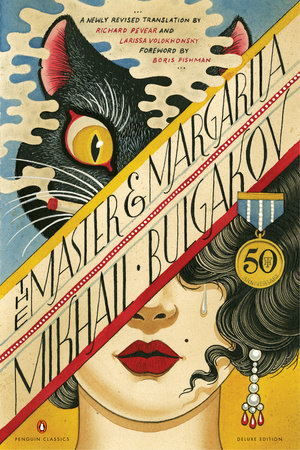

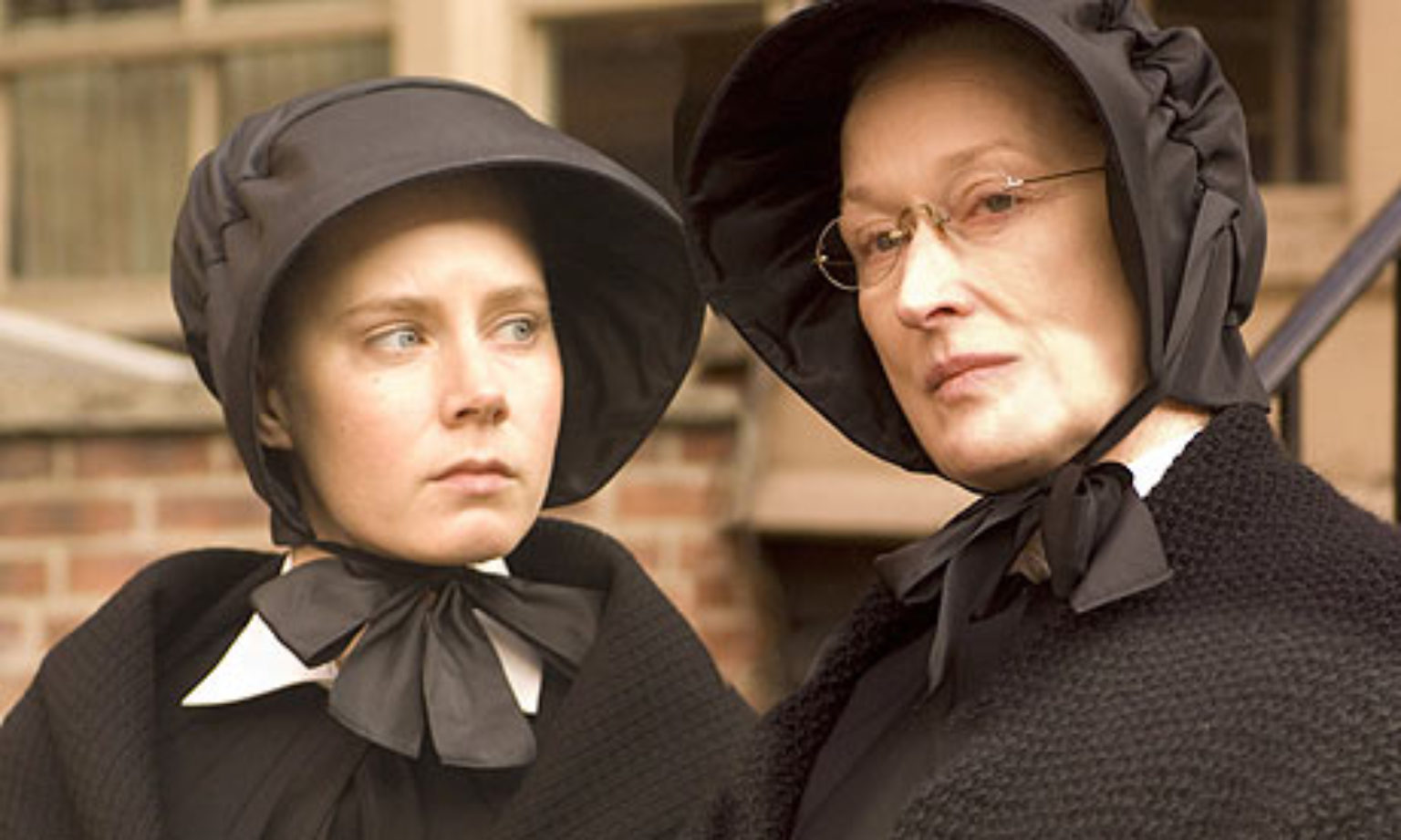

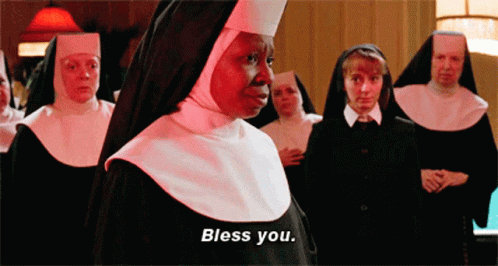
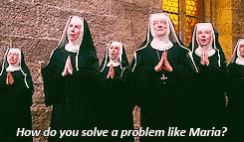
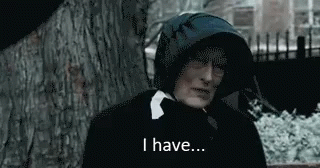
 Link source
Link source
